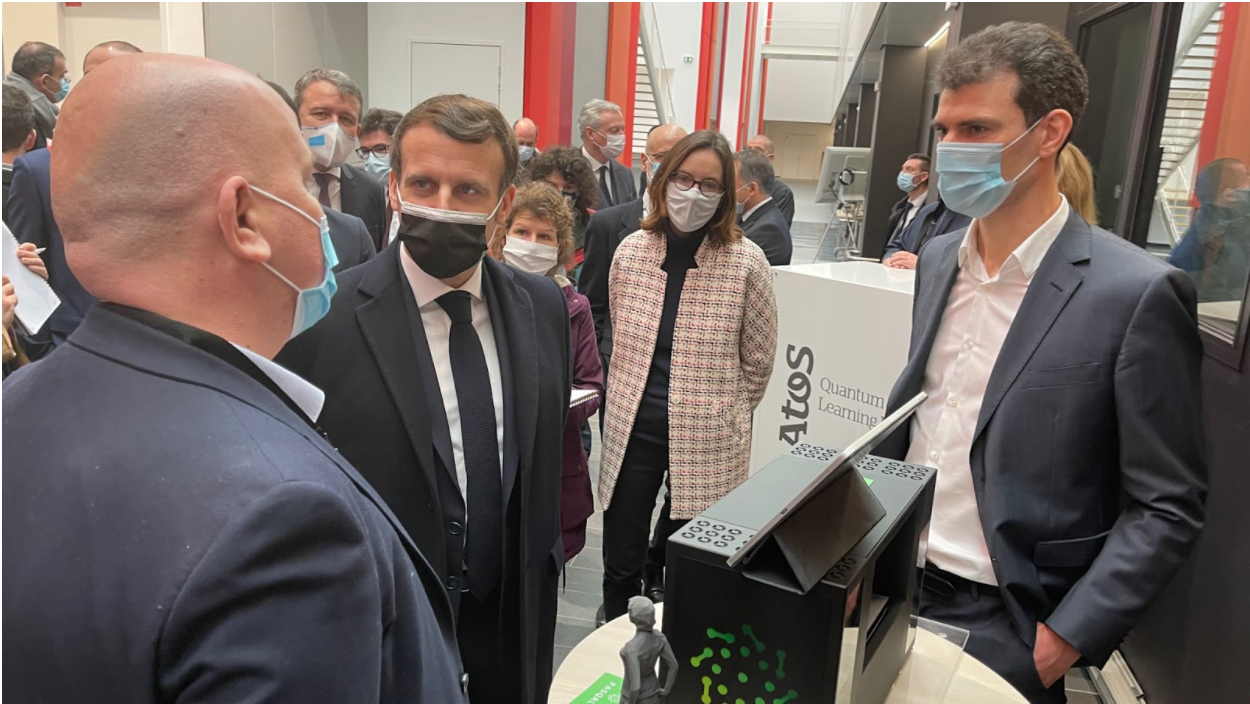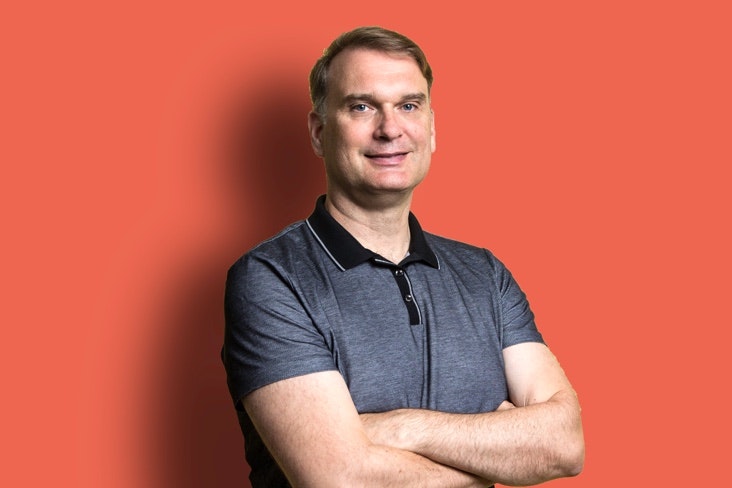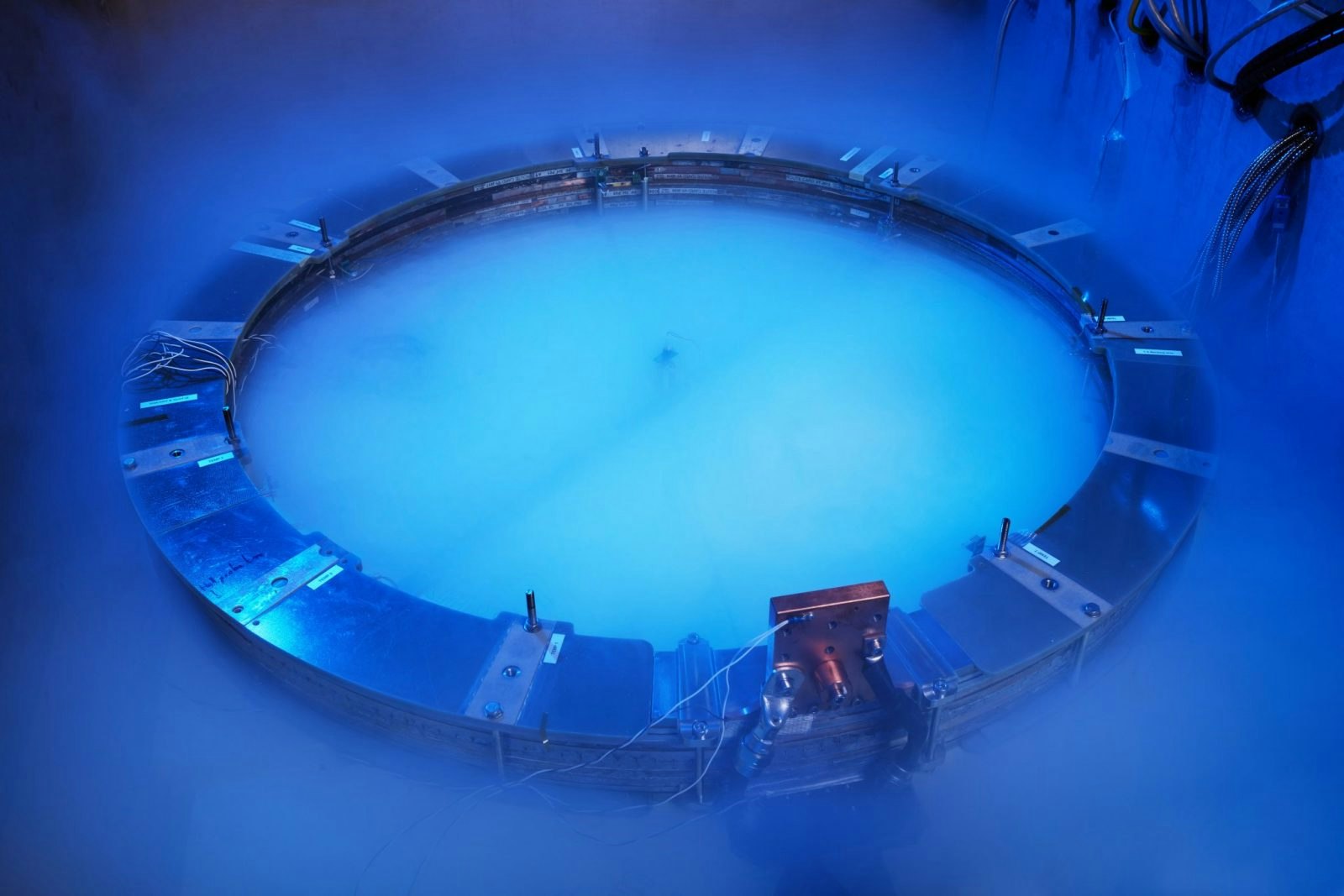Hundreds of science-based startups emerge each year from Europe’s universities and research labs, tackling everything from robots to new battery chemistry. And more investors are backing these moonshot ideas. But are there still blank spaces where founders aren’t building? What's still missing from the region’s deeptech menu?
We asked deeptech investors who evaluate hundreds of startups each year about what they are not seeing but would like to. If you are working on anything along these lines, let us know in the comments below. Who knows, it could be the start of a world-changing collaboration!
Better tools for discovering new materials

Zoe Chambers, partner, Frontline Ventures
Chambers recently moved to Frontline Ventures. The firms’s deeptech portfolio includes investments in SignalAI and Manna Drone.
Any tool (or set of tools) which would significantly accelerate the research and discovery of novel materials vs the trial and error system we currently have of finding new molecules and testing them for desired properties. Even searching and analysing the existing and presently evolving databases of the various properties and functions of materials could be vastly improved. The process of material discovery needs to be far quicker and more efficient if we are to unlock useful new (greener!) materials.
Quantum “simulation intelligence”

Christophe Jurczak, managing partner, Quantonation
Quantonation in a VC firm focused on quantum investments. Its portfolio includes quantum computing companies such as Pasqal, Multiverse Computing and Orca Computing.
I’d like to see a startup designing materials with strong quantum properties, such as twisted bilayer graphene (TBG), for applications in the field of energy in particular (storage, generation). These would be used for “simulation intelligence” (in contrast to artificial intelligence) with synthetic quantum systems simulating the complex molecules and reactions in a way that classical computers will never be able to.
Mining the moon for helium-3
Marcin Hejka, cofounder and general partner at OTB Ventures
Warsaw-based OTB Ventures invests in deeptech companies across the board but particularly in space. Its portfolio includes satellite companies ICEYE and Hydrosat.
Increased energy prices are one of the key factors driving inflation, and helium-3 is one of the most promising sources of clean energy. Scientists estimate that only 25 tonnes of helium-3 would power the United States for an entire year. However, helium-3 is extremely rare on Earth due to the magnetic field protecting our planet. The moon does not have this protection and keeps being bombarded by large quantities of helium-3 by solar winds. As spacetech develops, we are getting closer to being able to commercially mine the helium-3 on the moon.
[Sifted note: Mining the moon is closer to becoming a possibility as the cost of space launches decreases. Companies like Airbus are actively investing in this area. Helium-3, however, has not been a particular focus.]
Artificial photosynthesis

Almudena Trigo, founding partner and chairwoman of BeAble Capital
Madrid-based BeAble Capital invests in early-stage "science equity" startups — startups that have emerged from labs and are based on breakthrough scientific discoveries. Its portfolio includes cell technology company A4Cell and nanoparticles startup AD Particles.
I’d like to see a company developing artificial photosynthesis, working like plants to use sunlight, water and carbon dioxide to create oxygen and energy. Imagine using atmospheric CO2 as the carbon source to obtain carbon-neutral fuels and produce sustainable, environmentally neutral energy storage solutions.
[Sifted note: Plenty of startups, like Solar Foods of Finland, are making food by getting microbes to convert CO2 into protein. But an artificial photosynthesis system would cut out the microbial “middlemen”.]
Cheaper carbon capture

Ilkka Kivimäki, partner, Maki.vc
Helsinki-based Maki.vc invests in deeptech companies including Finnish quantum computer maker IQM and Baseimmune, a biotech company developing a variant-proof coronavirus vaccine.
I’d like to see a super cost-efficient and easily scalable carbon capture and storage company.
[Sifted note: Startups like Zurich-based Climeworks and Canadian Carbon Engineering are developing ways to capture carbon dioxide directly from the air, and are getting commercial contracts from customers like Stripe and Swiss Re. But the costs can be as much as $775 per tonne of carbon dioxide, though they eventually hope to reduce this to less than $100. Carbon capture directly from energy and industrial facilities — before it is belched out into the atmosphere — is much cheaper, but retrofitting the technology into factories is slow work.]

Ewan Kirk, founder of Cantab Capital Partners and chairman of Deeptech Labs
Deeptech Labs is a VC fund and accelerator for deeptech startups. It runs two accelerator programmes a year for a small number of startups, investing $350k in the selected companies.
Carbon capture is fundamentally so difficult because CO2 makes up only 0.04% of the atmosphere. That means that any device has to be able to process a huge amount of air to extract CO2 from the environment. It would be great to see a business somehow find a solution to this challenge. There are some very interesting teams working on carbon capture, and it genuinely has the potential to make a huge impact on the world — but there is still progress to be made when it comes to finding a scalable commercial solution. I'm on the lookout for new fundamental breakthroughs in technology that might provide a pathway to solving this problem.
AI that predicts your future and tech for seniors
Benjamin Joffe, partner, SOSV
SOSV, based in the US but with offices in Cork, is one of few VC firms that has never shied away from hardware investments — hardware and life sciences startups are its two main focus areas. The portfolio includes companies like NotCo, Perfect Day and Upside Foods.
If I were to go sci-fi it would be the death crystals from Rick & Morty, which show you the future based on your decisions — maybe an AI system could do that.
More practically, there is so much to do in senior tech for independent living that anything in that sector would be of interest.
[Sifted note: The US military, among others, is using big data and artificial intelligence to try to predict the future, but there isn’t much new technology involved and we are talking about predictions that are a few days into the future rather than years.]
Fact-checking AI

Moray Wright, cofounder of Parkwalk Advisors
Parkwalk is extremely active in investing in early-stage startups spun out of UK universities and research institutes. The portfolio includes Oxbotica, PetMedix and Brainomix.
An AI engine that can fact check public pronouncements live and run text across screens as speeches and statements are made.
[Sifted note: Startups like UK-based Logically are trying to do this, although they still rely on a combination of AI and human expert investigators, and the fact-checking isn’t fast enough to roll out real-time across our screens.]


